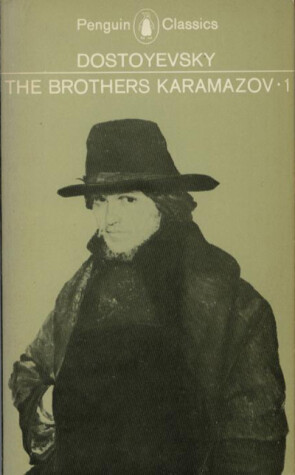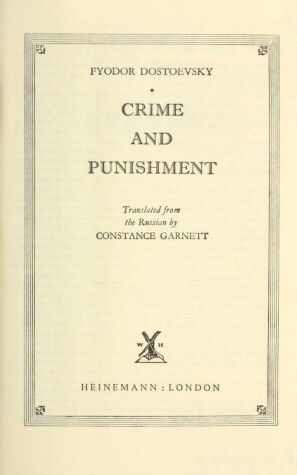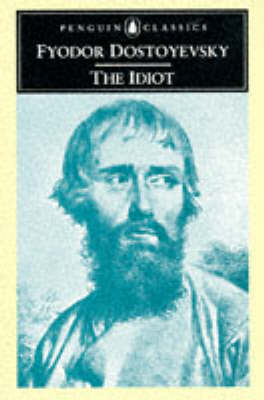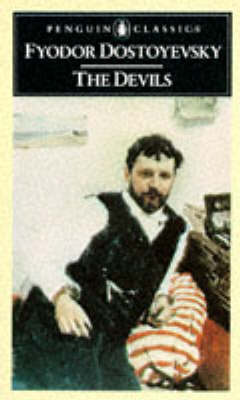Classics
4 total works
With the same suppleness, energy, and range of voices that won their translation of The Brothers Karamazov the PEN/Book-of-the-Month Club Prize, Pevear and Volokhonsky offer a brilliant translation of Dostoevsky's classic novel that presents a clear insight into this astounding psychological thriller. "The best (translation) currently available"--Washington Post Book World.
As Dostoyevsky predicted, The Devils, or The Possessed, was indeed denounced by radical critics as the work of a reactionary renegade. But radicals aside, it enjoyed great success both for its literary power and for its explicit and provocative politics; and for its story of Russian terrorists plotting violence and destruction, only to murder one of their own number.
"Stavrogin's Confession," the section omitted when the novel first appeared, is included as an appendix to this volume.



